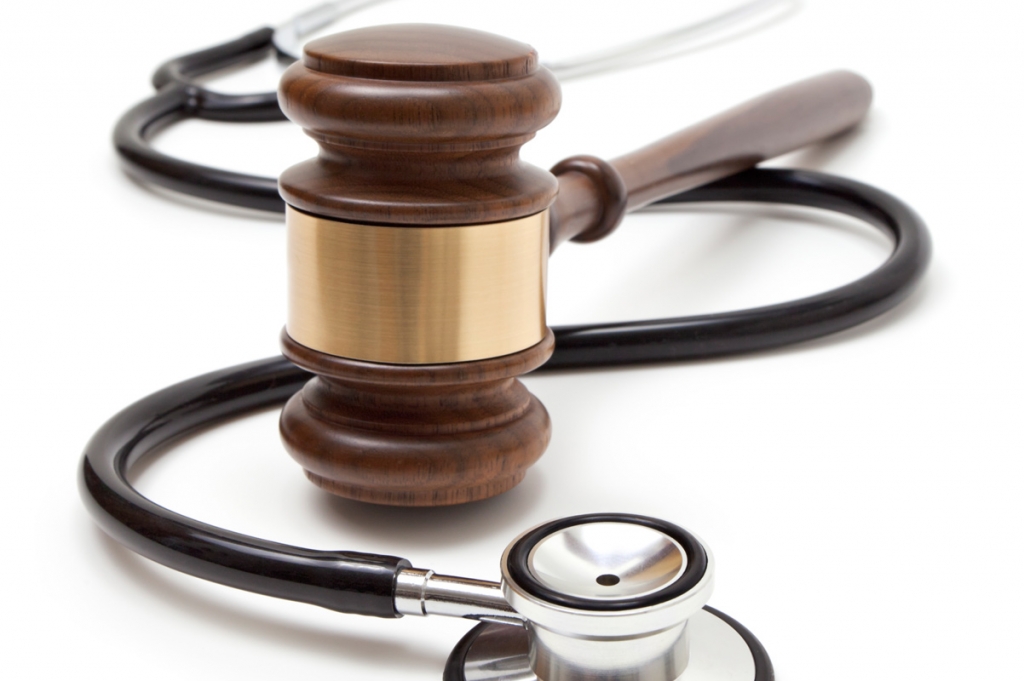
Doctor’s rights in medicolegal cases-more than just good to know
Given below are the things that you should know in the event of a legal case. But these rights are more than just good-to-know given how there’s an alarming rise in such cases.
1)If an act is deemed negligence in civil law, it needn’t necessarily be so in criminal law
2)An act is criminal negligence only if the degree of negligence is much higher-gross or of a very high degree
3)A complainant should produce prima facie evidence before the court. This should be in the form of a credible opinion from another competent doctor which backs the charge of rashness/negligence. Otherwise, a private complaint may not be entertained.
4)Before moving against the accused doctor, the investigating officer should obtain an independent and competent medical opinion-preferably from a doctor in the government service who is qualified in the relevant branch of medical practice and who can normally be expected to provide an impartial and unbiased opinion by applying the Bolam test on the facts collected during the investigation(Bolan test, which arose from English tort law forms the basis for assessing medical negligence.)
5)Just because a charge has been levied against a doctor, s/he may not be arrested in a routine manner. Unless the arrest is deemed necessary to further pursue the investigation or to collect evidence or unless the investigating officer feels satisfied that the doctor wouldn’t make himself/herself available, the arrest may be withheld.
Here’s to hoping you’ll never need to exercise these rights.
Note: The content provided here is for general information alone. In the event of a legal case etc., you are advised to consult a lawyer.
Image credits: IUGA